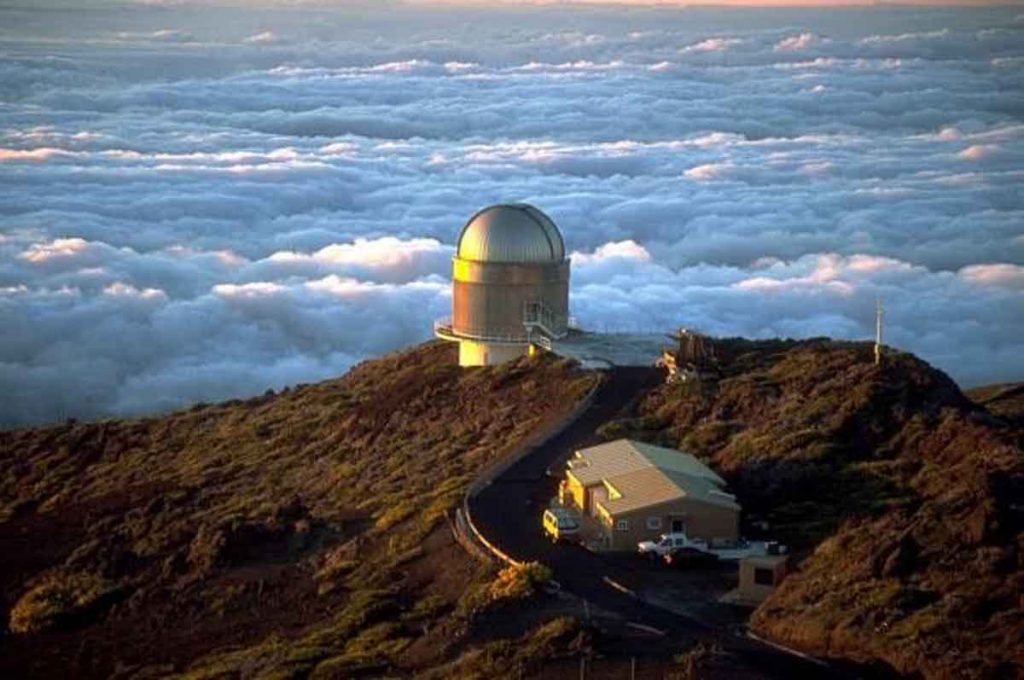The next step to understand exoplanets is to understand their atmospheres better. Astronomers can determine a planet’s mass, density and other physical characteristics. But characterizing their atmospheres is more complicated.
Astronomers have had some success studying exoplanet atmospheres. Spacecraft like the James Webb Space Telescope and the ESA’s ARIEL mission will help a lot. But there are thousands of confirmed exoplanets with many more to come. Webb has many demands on its time.
Everything we know about exoplanets we learn from light. An exoplanet signals its presence by slightly dimming the light from its star. Astronomers can also gauge the exoplanet’s mass, size and density from starlight. The planet tugs ever so slightly on its star. It causes a minute change in the starlight. It takes powerful, light-gathering telescopes and instruments to measure these fluctuations in the light.
Studying exoplanet atmospheres requires a similar level of technological power and sophistication. Astronomers can determine some of an exoplanet’s atmospheric composition by examining the starlight as it passes through the planet’s atmosphere. They do this with spectrographs.

The world’s largest observatories have high-resolution spectrographs on them. The ESO’s Very Large Telescope (VLT) has the ESPRESSO spectrograph. But there are many smaller telescopes than large telescopes like the VLT. Scientists think that some of those smaller telescopes could advance the study of exoplanet atmospheres, when equipped with a powerful spectrograph.

